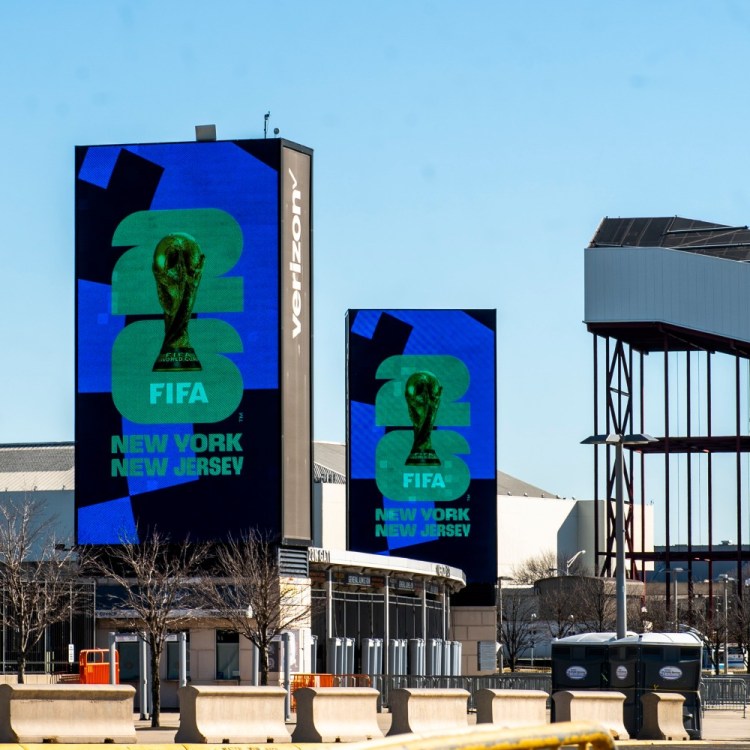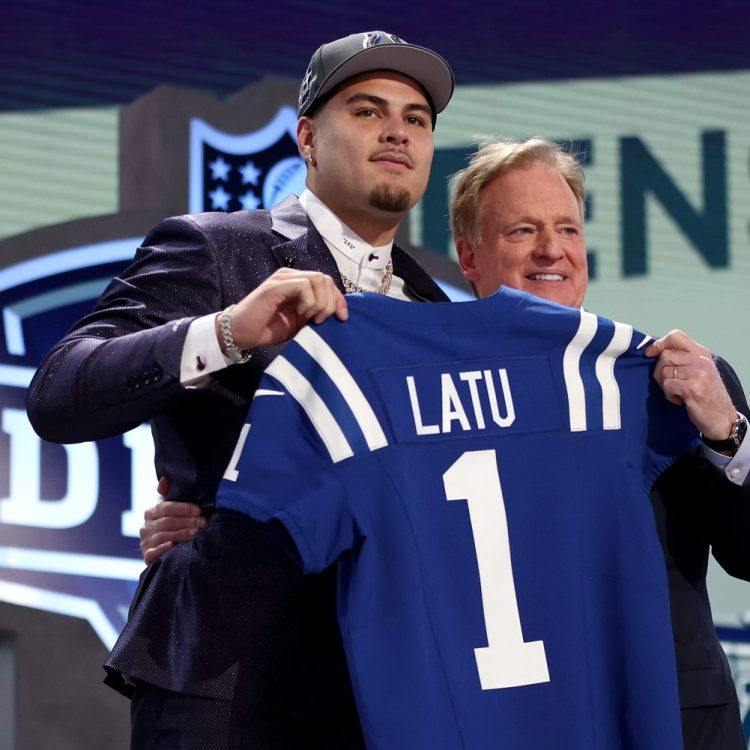Editor’s Note: RealClearLife, a news and lifestyle publisher, is now a part of InsideHook. Together, we’ll be covering current events, pop culture, sports, travel, health and the world.
A cyber arms race is underway, and while few Americans have noticed, many more don’t quite understand its complexities.
Many countries are currently changing how they approach the digital battlefield, from focusing primarily on espionage toward “geopolitical one-upmanship,” former homeland security adviser to President Barack Obama, Lisa Monaco, told the Washington Post.
“The game is getting disrupted,” she said. “If we had this conversation two and a half years ago, I would have described the threat I was seeing at the time as more diffuse, more sophisticated and more dangerous than at any other time in my career in government. Today I have an overwhelming sense that if we look at the threat actors as basically aligned in a drag race — nation states, non-state actors, hacktivists, criminal groups — the nation states have far and away set themselves apart.”
Russia and election interference took center stage during a four-day cybersecurity conference that Monaco spoke at Friday, which was sponsored by the nonpartisan Hewlett Foundation, many other conversations were about other emerging — and sobering — risks, according to the Post.
Monaco pointed to recent reporting about Vietnam targeting multinational automotive companies, possibly for the benefit of its domestic auto industry. She said Americans need to impose high costs on bad actors and to isolate them. “We should not be naive about how difficult deterrence is in cyberspace,” she said, “but we’re not practicing it enough.”
Thanks for reading InsideHook. Sign up for our daily newsletter and be in the know.


















